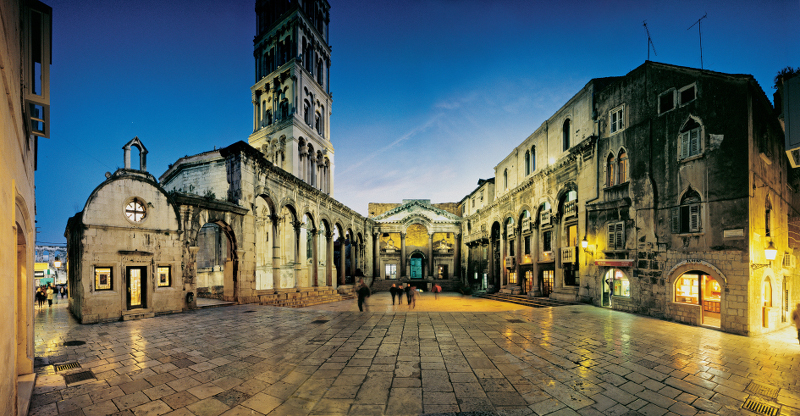2015 Summer School of Scientific Communication: Publishing Research for Multidisciplinary Audiences
Organized by: University of Split, Split, Croatia, and University of Zagreb, Faculty of Humanities and Social Sciences, Zagreb, Croatia
Endorsed by the European Association of Science Editors, EASE
Sponsored by the City of Split
Time: 30 June – 3 July 2015
Place: University of Split
Number of participants: 16-20
Language of the Summer School: English
ECTS points for students: 4
There is no registration fee. The participants are expected to cover the cost of travel and accommodation in Split.
Chairs of the School:
Prof. Ana Marušić, MD, PhD, University of Split School of Medicine, Split, Croatia
Prof. Ida Raffaelli, PhD, University of Zagreb Faculty of Humanities and Social Sciences, Zagreb, Croatia
Lecturers/Scientific Committee:
Prof. Elizabeth Wager, PhD, Sideview, UK
Assist. Prof. Darko Hren, PhD, University of Split School of Humanities and Social Sciences, Split, Croatia
Aliaksandr Birukou, PhD, Senior Editor – Computer Science, Springer-Verlag, Heidelberg, Germany
Vito Pirrelli, PhD, Institute for Computational Linguistics, CNR Pisa, Pisa, Italy
The Summer School of Scientific Communication is organized by a group of journal editors with experience in teaching in scientific writing. The Summer School is the continuation of international writing workshops organized by the editors of the Croatian Medical Journal and the editors of other medical journals such as The Lancet, BMJ, JAMA and Annals of Internal Medicine.
The Summer School is targeted to doctoral students and young postdoctoral fellows from all scientific fields who are preparing their first manuscript or would like to improve their skills in writing and publishing in scientific journals. Participants are required to bring a draft of their manuscripts for the Paper Clinic of the Summer School.
Summer School in Split is unique in its multidisciplinary approach, both in the composition of its teaching team, selection of the participants and the topics of their manuscripts. Previous Summer Schools attracted young researchers from all over Europe and from different research fields, ranging from medicine and biotechnology to law, archaeology, linguistics and art history.
Another unique feature of the Summer School is the focus on practical work with participants’ manuscripts, in which formal lectures are arranged around Paper Clinic, where lecturers work through the manuscript with a small group of participants.

